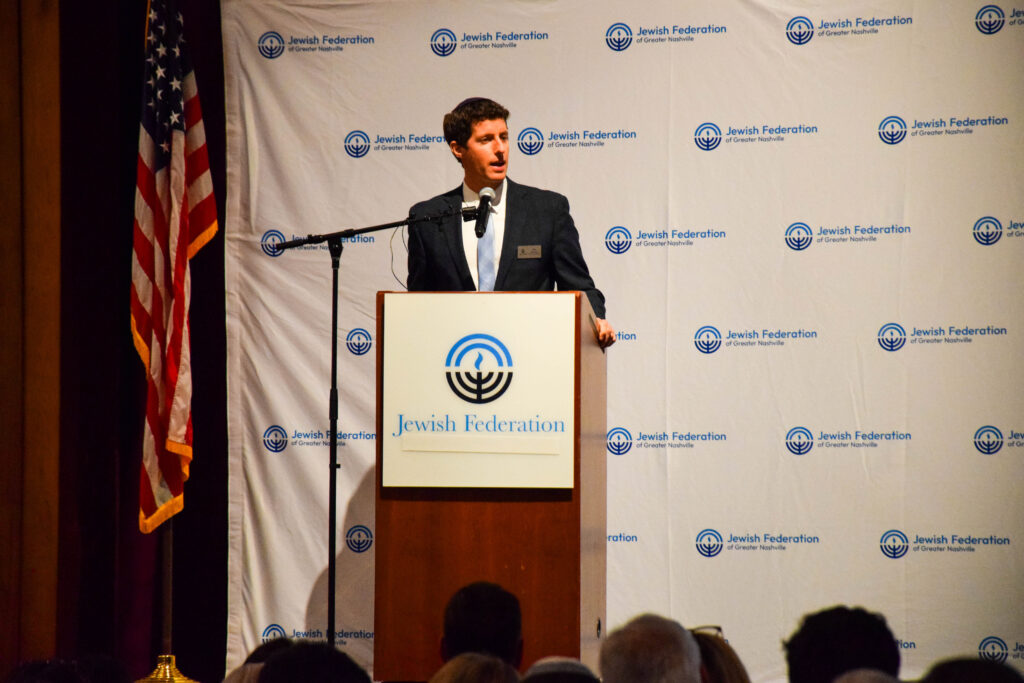
The Jewish Federation of Greater Nashville announced that it and several other local Jewish organizations received emailed bomb threats on Sunday.
Threats were emailed to Jewish organizations in at least 16 other states, all on the same day. Statewide Jewish organizational leadership is working with local and national law enforcement to respond, but it is not yet clear what person or group sent the emails.
Initially, synagogues suspended services for the rest of the day Sunday, and Nashville police conducted several security sweeps. Schools, services and other programming will continue as usual this week, according to Rabbi Dan Horwitz, the CEO of the Jewish Federation of Greater Nashville.
“We are not going to be intimidated into not proudly and joyfully being Jewish,” he said. “And Lord knows Nashville in particular has been an incredibly warm and welcoming community broadly for our Jewish community.”
There has been an uptick in threats against Jewish organizations across the nation since the beginning of the Israel-Hamas conflict on Oct. 7th. Earlier this year, there were multiple incidents where antisemitic flyers were found in Middle Tennessee neighborhoods.
Horwitz explained that most Jewish organizations have pre-existing relationships with law enforcement, and many have their own security teams to prevent and respond to antisemitic violence and threats.
“The North American Jewish community spends a very significant amount of time, effort, energy and dollars on ensuring the physical security of our communities,” he said. “I would love nothing more than to be able to reallocate those dollars to go towards mission driven programing, content, education for children, subsidies for summer camps and nursery school.”
Horwitz added that he’s grateful to local and national law enforcement for their response, as well as to friends who have reached out to check in with him after hearing the news.
“I can tell you that at least on a personal anecdotal level, receiving a number of those kinds of text messages from friends in the non-Jewish community was incredibly meaningful and appreciated,” he said.

